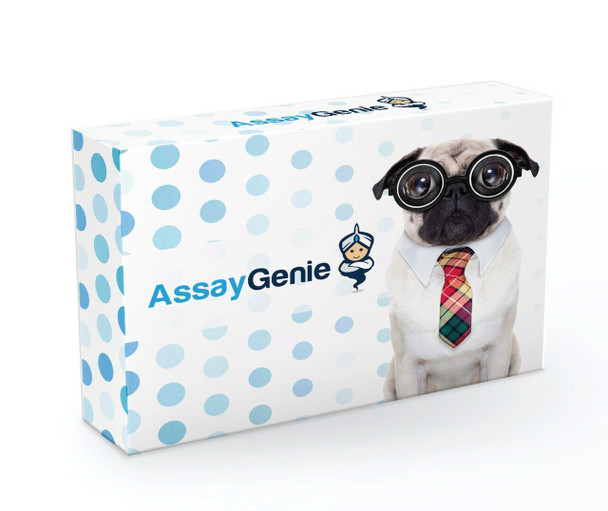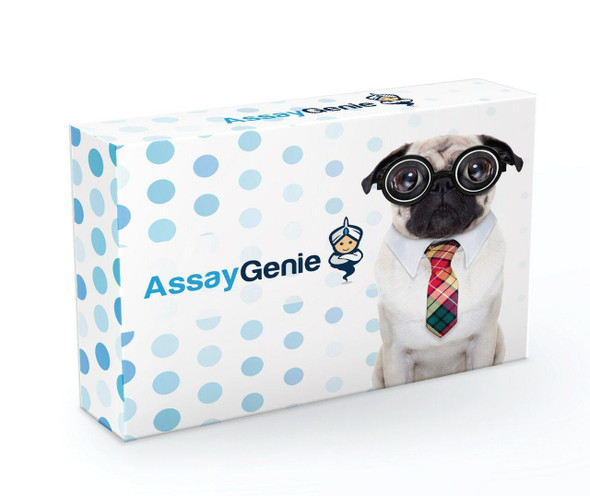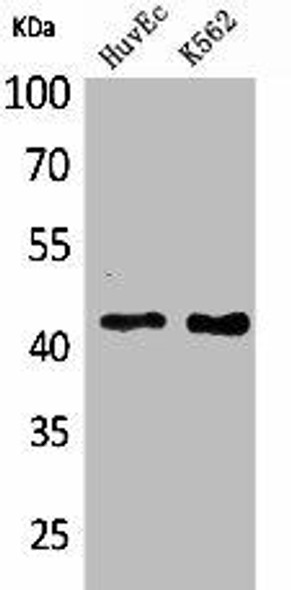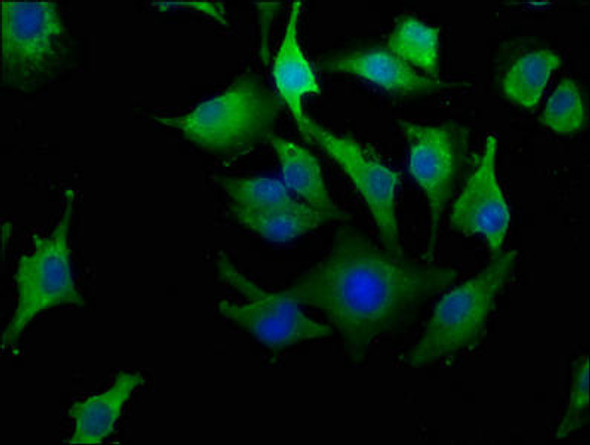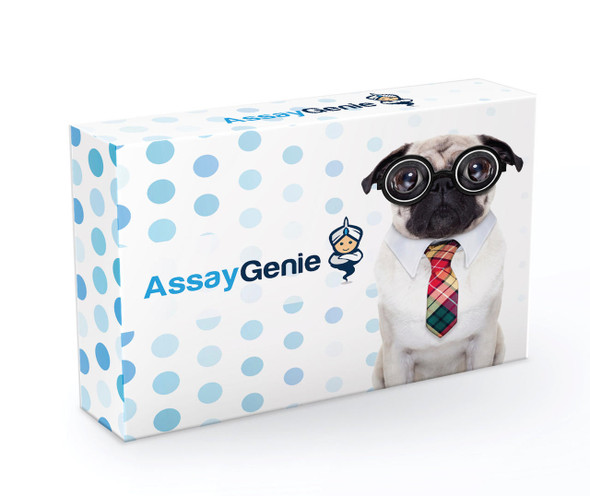Description
LAYN Monoclonal Antibody [PAT18E10AT] (CPAB0605)
The Layn Polyclonal Antibody (CPAB0605) offered by AssayGenie is a vital tool for researchers studying Layn, a protein associated with immune regulation and inflammation. This antibody, produced in rabbits, is highly specific to human Layn samples and has been validated for use in Western blot applications. By binding to the Layn protein, this antibody allows for accurate detection and analysis in a variety of cell types, making it an ideal choice for studies in immunology and cancer research.Layn, also known as immune regulator, plays a crucial role in maintaining immune balance by modulating inflammatory responses and inhibiting allergic reactions.
Its importance in immune function regulation has made it a key target for research in diseases such as cancer, autoimmune disorders, and chronic inflammatory conditions. Understanding the role of Layn is essential for the development of therapeutic interventions that can manipulate immune responses in these disease contexts.Overall, the Layn Polyclonal Antibody (CPAB0605) is a valuable tool for researchers looking to delve deeper into the functions of Layn and its implications in immune regulation and disease pathogenesis.
| Product Name: | LAYN Antibody |
| Product Sku: | CPAB0605 |
| Size: | 5μg |
| Host Species: | Mouse IgG1 |
| Immunogen: | Anti-human LAYN mAb, clone PAT18E1AT, is derived from hybridization of mouse F myeloma cells with spleen cells from BALB/c mice immunized with a recombinant human LAYN protein 22-235 amino acids purified from Ecoli. |
| Clone: | PAT18E10AT. |
| Reactivity: | Other bodies |
| Applications: | Western Blot, ELISA |
| Purification Method: | LAYN antibody was purified from mouse ascitic fluids by protein-A affinity chromatography. |
| Isotype: | IgG2 |
| Background: | LAYN, also known as Layilin, contains 1 c-type lectin domain. This protein is receptor for hyaluronate and Interacts with NF2, RDX and TLN1. The C-terminal domain interacts with the N-terminal domain of RDX. |
| Synonyms: | Layilin. |
| Storage Buffer: | For periods up to 1 month store at 4°C, for longer periods of time, store at -20°C. Prevent freeze thaw cycles. |

